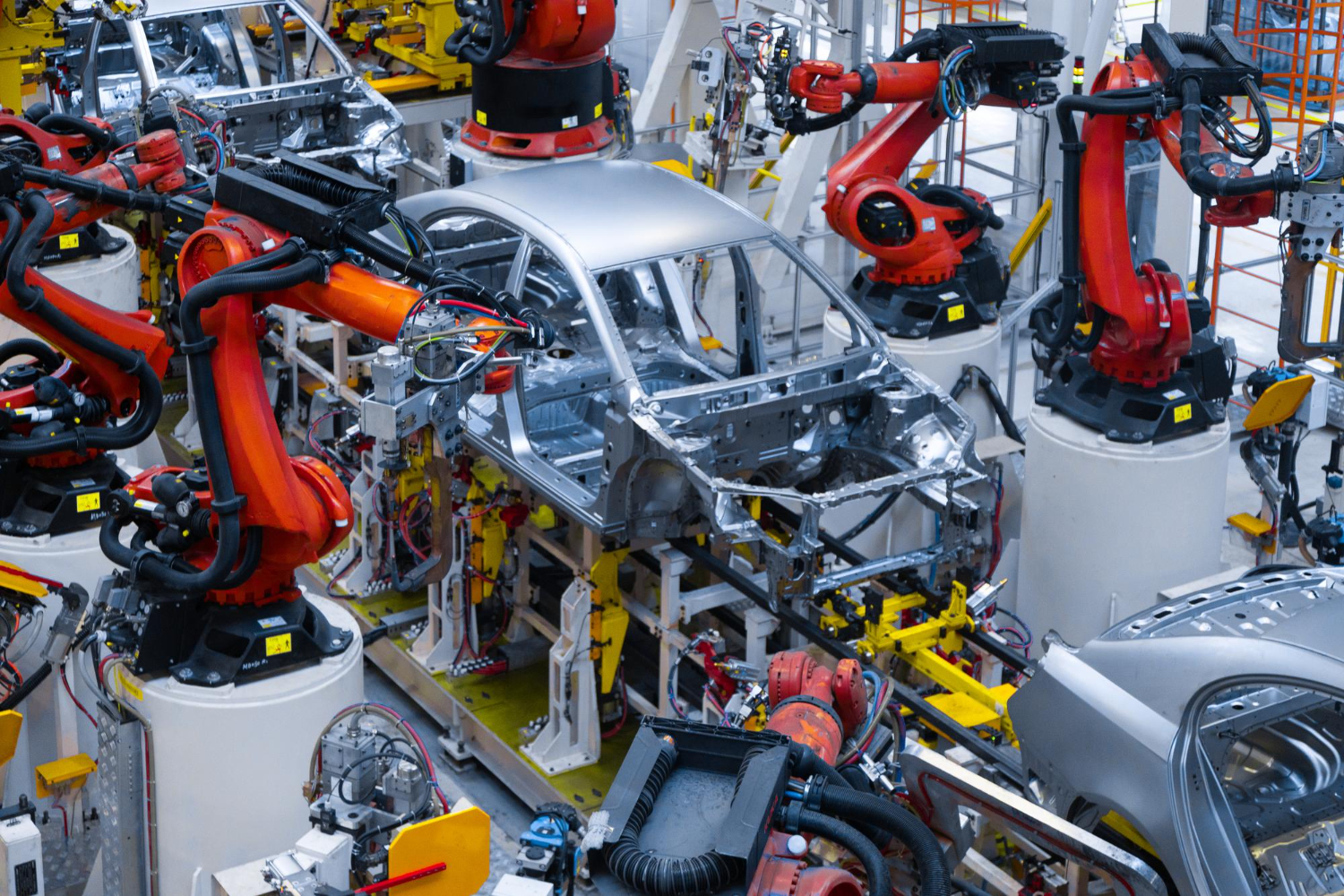Manufacturing Execution Systems Market worth $23.0 billion by 2029
The Manufacturing Execution Systems Market is expected to reach USD 23.0 billion by 2029 from USD 14.9 billion in 2024, at a CAGR of 9.2% during 2024 – 2029 according to a new report by MarketsandMarkets.
The significant growth factor associated with the Manufacturing Execution Systems Market growth is the increasing implementation of industrial automation in both process and discrete industries, the growing importance of adhering to regulatory requirements, the increasing demand for operational efficiency, and the increasing complexity of manufacturing processes. The manufacturing execution systems market is witnessing significant growth because widespread adoption of Industry 4.0 principles and smart manufacturing strategies.
The services segment is to grow with a higher CAGR during the forecast period
The manufacturing execution systems have been segmented into offerings, software and services. MES services encompass modification, upgrades, and maintenance, ensuring that the MES software does not require replacement as it ages. Instead, it undergoes modifications and upgrades based on specific needs. Given that the effective functioning of MES relies significantly on post-implementation processes, these services play a pivotal role in enhancing efficiency and streamlining production by minimizing waste and reducing production time.
Hybrid deployment is to grow at the highest growth rate during the forecast period
The hybrid model integrates elements of both public and private clouds, offering a tailored solution to meet specific business needs. In this configuration, certain components or features of the Manufacturing Execution System (MES) are hosted on-premises, while others reside in the cloud. While a public cloud provides cutting-edge technologies at an affordable price, security concerns may arise. Conversely, a private cloud addresses security issues but comes with a higher cost. The hybrid cloud model combines the benefits of both, dividing business processes strategically. Manufacturers increasingly adopt this deployment mode, storing data on-site while entrusting the application execution to a third-party vendor. Medical device manufacturers and parts suppliers widely utilize hybrid-deployed MES for enhanced production capabilities and cost-effective precision.
The automotive industry holds the largest market share during the forecast period
The automotive industry holds the largest market share during the forecast period. It is one of the largest revenue-generating industries globally. This industry is undergoing rapid transformations in manufacturing technologies. Manufacturing execution systems play a crucial role in automating time-consuming tasks like inventory management, performance analysis, design processes, and supply chain management. Standardizing the manufacturing process poses a significant challenge for the automotive sector due to its integration with various solutions. The adoption of manufacturing execution systems addresses these challenges by integrating with ERP and SAP, streamlining production. The MES software contributes to the industry's ongoing development through continuous upgrades and modifications. Rapidly growing automobile demand in regions like Asia Pacific and Europe is expected to drive the increased adoption of manufacturing execution systems.
North America holds the largest market share of the manufacturing execution systems market throughout the forecast period
North America consists of – the US, Canada and Mexico. The US is serving as the major contributor to the manufacturing execution systems industry in this area. Anticipated as the most significant consumer of manufacturing execution systems, North America's mature and highly developed industries utilizing manufacturing execution systems are the primary driving force. The increasing need for tracking real-time data, improved visibility, and control of production activity is driving the adoption of manufacturing execution systems in this region. Also, the growing demand for digitalization and Industry 4.0 initiatives, coupled with the increasing complexity of manufacturing processes, is expected to drive the adoption of MES solutions.







![EMR_AMS-Asset-Monitor-banner_300x600_MW[62]OCT EMR_AMS-Asset-Monitor-banner_300x600_MW[62]OCT](/var/ezwebin_site/storage/images/media/images/emr_ams-asset-monitor-banner_300x600_mw-62-oct/79406-1-eng-GB/EMR_AMS-Asset-Monitor-banner_300x600_MW-62-OCT.png)



